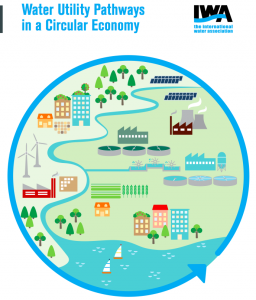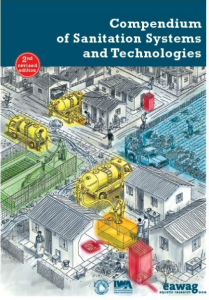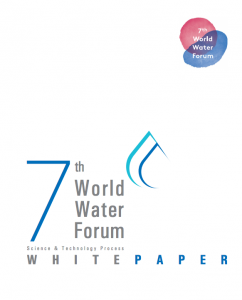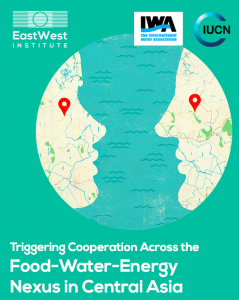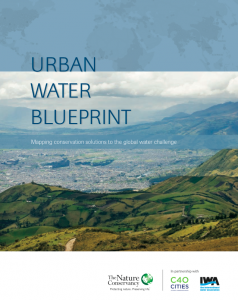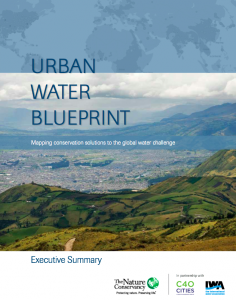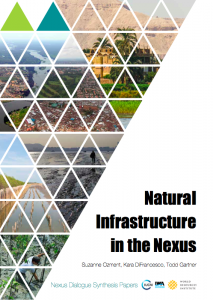Society and businesses are moving towards a circular economy; a concept that has emerged in response to drawbacks of the conventional ‘take-make-consume and dispose’ model of growth, and the shift towards sustainable development. Underpinning the circular economy is the principle of decoupling economic growth and development from the consumption of finite resources; this requires a transition ...
Submit your IWA Award proposals and showcase your work to the World’s Leading Water Professionals. IWA is recognized as the global association of top water professionals. IWA is looking to recognise submissions under the fol...
This expanded second edition of the Compendium provides updated information on sanitation systems and an increased range of technologies in one volume. It will be an important resource for stakeholders in their decision making planning process. Part 1 describes different system configurations for a variety of contexts.Part 2 consists of 57 different technology information sheets, which describe t...
Water Regulation in Kenya from IWA on Vimeo.
The White Paper, the main outcome of the Science and Technology Process of the 7th World Water Forum, is a praiseworthy result of the World Water Forum processes. The paper has been prepared by prominent water experts working together to deliver coherent and insightful responses on scientific and technological tools promoting solutions for pressing global water challenges. The White Paper accentua...
This paper is a report on Triggering Cooperation Across the Food-Water-Energy Nexus in Central Asia, a workshop convened by the International Union for the Conservation of Nature (IUCN), the International Water Association (IWA) and the EastWest Institute (EWI). This meeting, held on July 15- 17, 2014, in Istanbul, Turkey, brought together over 50 experts from the Central Asian re- gion and from t...
The President of the International Water Association (IWA), Helmut Kroiss, and Fernando Morcillo, President of AEAS (the Spanish Association of Water Supply and Sanitation), have launched the official Spanish group of young wa...
This report addresses a critical issue facing mayors in cities around the world: access to clean and adequate water supplies. The growth of urban populations, coupled with incidences of sudden climate stress and long-term land degradation of drinking watersheds, pose increasing risks to urban water supply with serious implications for the future health and well-being of urban residents. Without wa...
More than half of humanity now lives in cities. Large cities alone represent US $21.8 trillion in economic activity, or 48 percent of global GDP. All cities, regardless of size, need a clean, consistent water supply to thrive, so it is little wonder that capital expenditures on water supply are large—US $90 billion per year—and growing. Unfortunately, drinking water sources are increasingly in...
Increasing urbanisation and economic growth provide significant benefits, but also pose a range of challenges especially for water quantity and quality. Water, energy and food security rely on water infrastructure. Recognition of the closely bound interaction between water, energy and food (or the management of land for food, fodder, and fuel production) – the nexus – has led to new demands fo...
